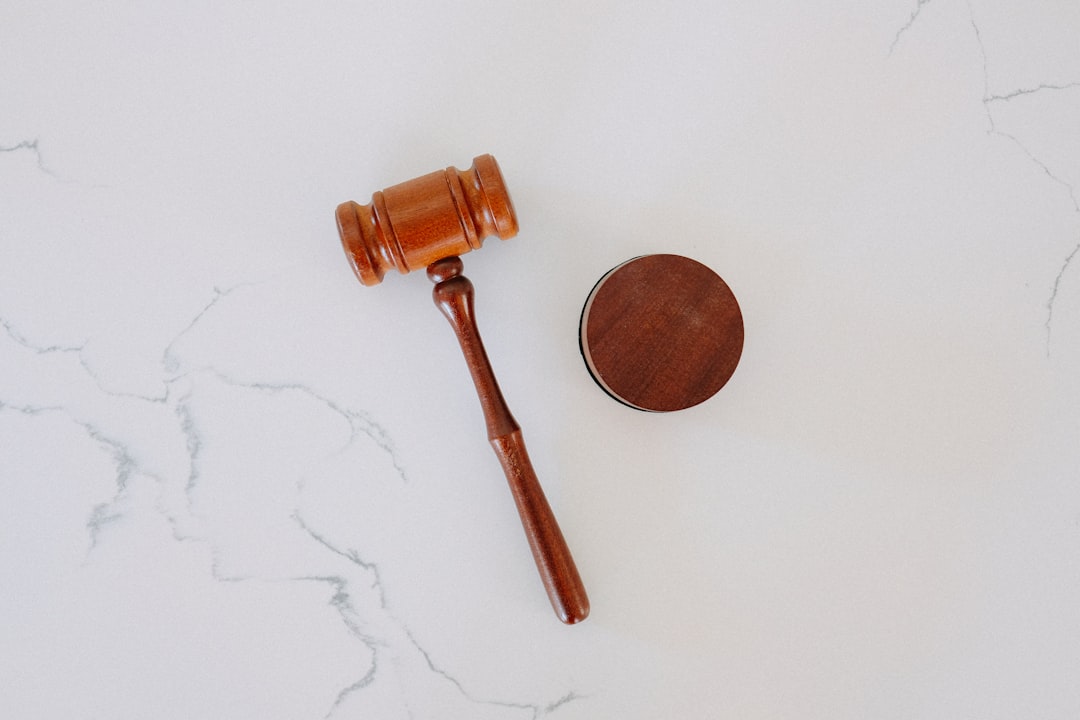In Florida, Non-Disclosure Agreements (NDAs) in sexual assault cases are a double-edged sword for rape law firms. While NDAs protect victims' privacy and encourage cooperation, they can also hinder investigations, limit future support for victims, and raise ethical concerns regarding public safety and community education. Specialized rape law firms in Florida must carefully balance these factors to ensure justice while maintaining the integrity of the criminal justice system. Their expert guidance is crucial for navigating complex legal issues surrounding NDAs and state laws.
In Florida, Non-Disclosure Agreements (NDAs) play a complex role in sexual assault cases. This article explores both the benefits and drawbacks of NDAs from a legal perspective, focusing on their application in Florida’s rape law firms. While NDAs can protect privacy and preserve lives, they also raise ethical concerns about balancing justice with confidentiality. We’ll delve into when NDAs are used, the pros and cons, and the crucial role of rape law firms in Florida in navigating these legalities.
Understanding Non-Disclosure Agreements (NDAs): A Legal Perspective

Non-Disclosure Agreements (NDAs) have become increasingly common in legal proceedings, especially in sensitive cases like sexual assault. From a legal perspective, NDAs are contracts that prevent parties from disclosing confidential information shared during a specified period. In Florida, where rape law firms often assist victims, NDAs can be a double-edged sword.
On one hand, NDAs offer a layer of protection for both the victim and the accused by ensuring private discussions and preserving dignity. This is particularly crucial in sexual assault cases, where victims may face intense public scrutiny. However, critics argue that NDAs can hinder the investigation and prosecution of rape cases, as they might limit the disclosure of relevant evidence. Moreover, some victims may feel pressured to agree to NDAs due to fear or economic constraints, which raises ethical concerns for rape law firms in Florida.
NDAs in Florida Sexual Assault Cases: When Are They Used?

In Florida, Non-Disclosure Agreements (NDAs) are increasingly being employed in sexual assault cases. These legal tools are used to protect the privacy of both the victim and the accused, especially when sensitive information is involved. NDAs can be sought at various stages, from before any legal proceedings begin to during and after a trial. Many victims choose to sign NDAs to prevent the public disclosure of their personal and traumatic experiences. This is particularly relevant in Florida’s rape law firm scenarios, where clients may opt for confidentiality to safeguard their reputations and avoid further distress.
Moreover, NDAs can be used to facilitate settlements or to ensure that certain details remain confidential during negotiations. They are not, however, a common outcome in sexual assault cases due to the unique sensitivity of such matters and the potential impact on public safety. Victims’ rights advocates emphasize that NDAs should be carefully considered, as they may hinder future support networks and legal actions. Thus, while NDAs have their purposes, they are approached with caution in Florida’s rape law firm practices.
Pros of Implementing NDAs: Protecting Privacy and Preserving Lives

Implementing Non-Disclosure Agreements (NDAs) in Florida sexual assault cases offers several advantages, especially when it comes to protecting the privacy and safety of victims. For many survivors, the prospect of public disclosure can be incredibly distressing, hindering their willingness to come forward and report these heinous crimes. NDAs provide a legal safeguard, ensuring that the details of the case remain confidential. This can foster an environment where victims feel empowered to seek justice without fear of subsequent embarrassment or retaliation.
In the context of rape law firms in Florida, NDAs play a pivotal role in encouraging cooperation from survivors who might otherwise be reluctant to engage with legal proceedings. By safeguarding their privacy, these agreements allow victims to focus on healing and pursuing justice without the added burden of media scrutiny or public exposure. This delicate balance is crucial for maintaining the integrity of the criminal justice system while also supporting the holistic recovery of sexual assault survivors.
Cons and Ethical Concerns: Balancing Justice with Confidentiality

While Non-Disclosure Agreements (NDAs) in Florida sexual assault cases might seem like a way to provide closure and protect victims, there are significant ethical concerns. NDAs can prevent survivors from sharing their stories, which is crucial for raising awareness, holding perpetrators accountable, and supporting other victims. In the context of rape law firm Florida, these agreements may hinder community education and advocacy efforts, potentially perpetuating a culture of silence around sexual violence.
Moreover, NDAs can create an imbalance in power dynamics between survivors and their attackers, especially when legal pressure or fear of retribution is involved. The confidentiality promised by NDAs might deter victims from coming forward, impeding the pursuit of justice. This is particularly problematic in cases where multiple victims may have experienced similar assaults at the hands of a single perpetrator, as NDAs could prevent a pattern from emerging and being addressed appropriately.
Navigating the Legalities: Rape Law Firm Florida's Role in NDA Negotiations

Navigating the legal complexities surrounding sexual assault cases in Florida requires expertise, and a rape law firm plays a pivotal role. These specialized firms have attorneys well-versed in state laws, including those regarding Non-Disclosure Agreements (NDAs). In Florida, where sexual assault cases can be highly sensitive, NDAs are often sought to protect the privacy of both accusers and accused. A rape law firm Florida can facilitate NDA negotiations, ensuring that the rights of all parties involved are considered.
Their legal professionals can help draft or review NDAs, balancing the need for confidentiality with the victim’s right to speak freely if they choose to do so. This delicate process involves careful consideration of state laws and previous case rulings to create a legally sound NDA tailored to the specific circumstances of each case.





